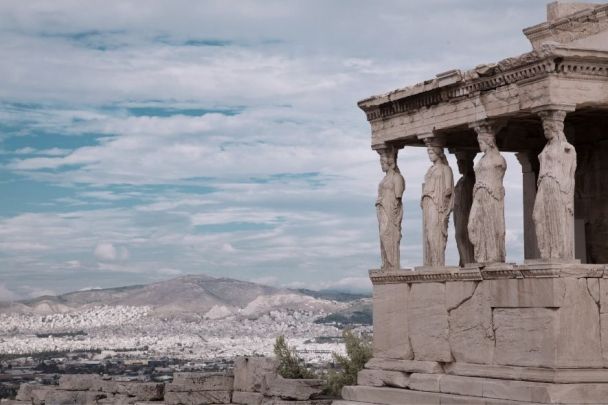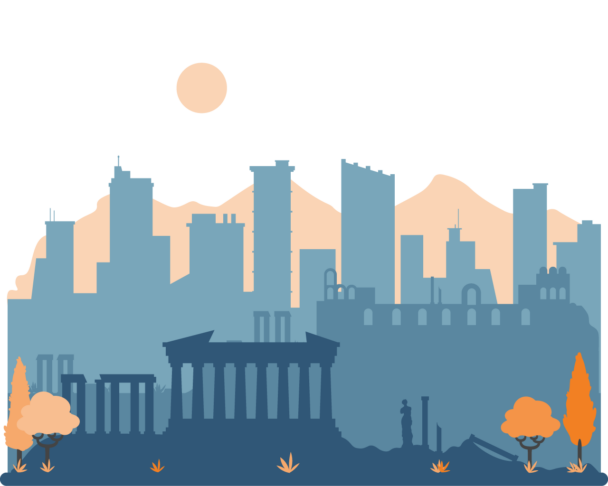Description
Raising awareness of the importance and value of cultural heritage amongst young Europeans is of vital importance if we aim to ensure future sustainability and cultivate a sense of belonging to the European family. Protecting and promoting Europe’s cultural heritage also appears among the strategic objectives of the European Union.
Cultural heritage education (CHE), as one of the main aims of the European Heritage Strategy for the 21st Century (ST21), can be the vehicle for the promotion of our shared cultural heritage, but also for showing that different cultural identities can complement and enrich each other by co-existing and shaping a common European identity.
Based on the pillars and the values of the European Framework for Action on Cultural Heritage, this course aims to use the rich historical and artistic heritage of Greece as a case study on how cultural heritage education can help us understand modern societies and create more inclusive, cohesive, and sustainable community environments.
By taking part in constructive activities and games, as well as guided tours at archaeological sites, course participants will discover the richness of ancient Greek history, arts, and language.
Through experiential learning and discussion on cultural heritage interpretation, they will learn how to preserve their cultural heritage, thereby developing a deep understanding that promotes a sense of European identity and social inclusion.
Let’s start our journey through the centuries to design our future!
What is included
Learning outcomes
The course will enable participants to:
- Enrich their knowledge of Greek cultural heritage;
- Acquire ideas and activities on how to introduce cultural heritage in their classes;
- Use the “Artful Thinking Palette” as a tool to create connections between works of art and the curriculum;
- Use “Heritage interpretation” to actively encourage participants to interpret their own experience of tangible, intangible, and digital heritage;
- Assess the value and relevance of cultural heritage for inclusive and sustainable community environments;
- Invite younger generations into digitally approaching foreign cultures.
Tentative schedule
Day 1 – Defining “cultural heritage”
- Introduction to the course, the school, and the external week activities;
- Icebreaker activities;
- Presentations of participants’ schools;
Defining “cultural heritage”
- Getting familiar with Greek culture and civilization;
- Introduction to Cultural Heritage Education.
Day 2 – Ancient Greece’s cultural heritage
- From the birth of Language to early Science and Philosophy;
- Ancient Greek history and arts;
- Visit to Pnyx & onsite activities.
Day 3 – Artful Thinking Palette
- The “Golden Age” of Ancient Athens;
- Approaching a variety of tangible and intangible representations of Greek cultural heritage with “Artful Thinking Palette”;
- Visit to the National Archeological Museum.
Day 4 – Heritage Interpretation
- Engaging students in the cultural heritage of Europe through Heritage Interpretation;
- Using the right online tools to teach Cultural Heritage;
- Visit to the Acropolis Museum.
Day 5 – Cultivating joy in Cultural heritage education
- Making learning more intuitive and creative: Using Europeana to teach digital cultural heritage in contemporary classrooms;
- Engaging activities, games, and exercises for students to learn more about European cultural heritage.
Day 6 – Course closure & cultural activities
- Course evaluation: round-up of acquired competencies, feedback, and discussion;
- Awarding of the course Certificate of Attendance;
- Excursion and other external cultural activities.




